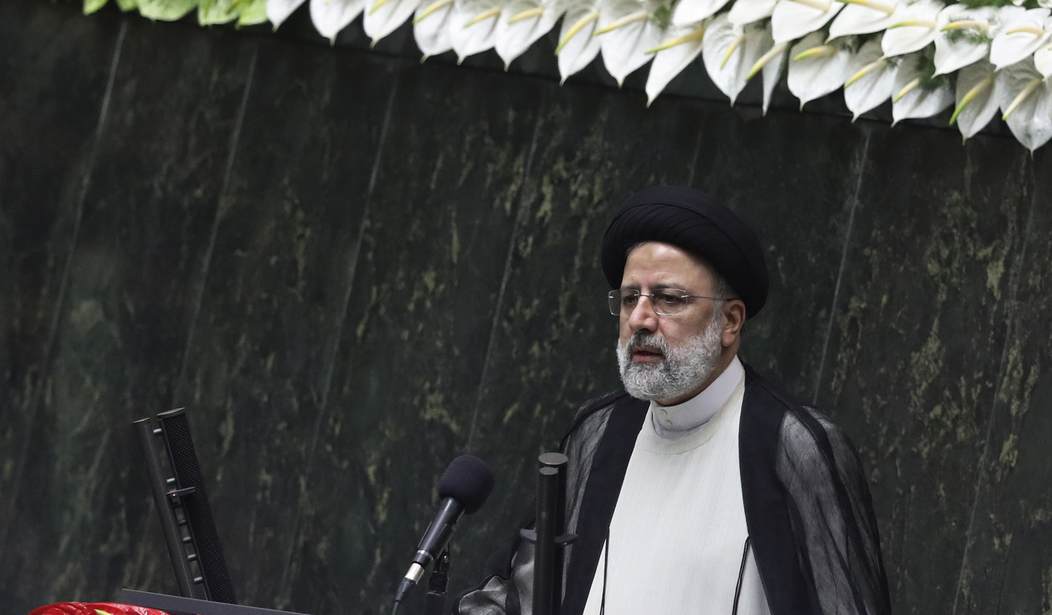For a while now, I’ve noted the development of what seems to clearly be turning into the 21st-century version of the Axis of Evil. It’s composed of Russia, China, North Korea, Venezuela, and arguably Turkey. All of these repressive governments have been growing increasingly aggressive on the world stage and simultaneously seemed to become increasingly comfortable supporting each other where possible. Two of the members, China and Iran, took the process one step further this week, announcing a 25-year “cooperation agreement” between Beijing and Tehran. During the same announcement, China formally reiterated its opposition to the United States and international sanctions against Iran. They also blamed Washington for the collapse of talks aimed at restarting the 2015 Iran nuclear deal and expressed their support for putting the deal in place. So just in case you were wondering which side the Chinese Communist Party is taking in all of this international drama, they’ve made it pretty clear at this point. (Reuters)
China reaffirmed its opposition to unilateral sanctions by the United States against Iran at a meeting between Foreign Minister Wang Yi and his Iranian counterpart, while backing efforts to revive a 2015 nuclear deal between major powers and Iran.
A summary of Friday’s meeting between Wang and Iranian Foreign Minister Hossein Amirabdollahian in the city of Wuxi, in Jiangsu province, was posted on China’s foreign ministry website on Saturday.
During his visit, Amirabdollahian is set to announce the launch of a 25-year cooperation agreement between the Islamic Republic and Communist-ruled China.
China has already been violating the sanctions against Iran on a regular basis and they remain one of Iran’s best customers for the illicit oil trade. This is one of the reasons that the sanctions haven’t produced anywhere near the desired results. As long as they can keep up enough cash flow to remain solvent and stop their own people from rising up against the government, there is little incentive for them to improve their behavior.
China has also been working their way to the west (and the south) with their Belt and Road Initiative, seeking to expand their economic and military influence globally. Rather than seeing Iran as an imminent threat to global stability, they see them as a potential partner, and that’s not good news for anyone.
The claims from the Chinese Foreign Ministry that they would “firmly support a resumption on negotiations on a nuclear pact,” while blaming the United States for the collapse of the talks is little more than propaganda. As long as Iran refuses to allow the IAEA full access to inspect its nuclear facilities, any promises they make are meaningless. And why would China care if Iran gets a tactical nuclear weapon? It’s not as if they need to worry about having it fired at them.
We’re quickly reaching the point where we’ll need to come to grips with the fact that the problems we’re grappling with over Iran are not simply “Iranian problems.” We’re dealing with a growing and solidifying global network of authoritarian regimes who are diametrically opposed to western culture, NATO and, yes, the United States. At the moment this battle is still thankfully being fought via economic and diplomatic battlefields. But the spiraling situation that has developed between Russia, Ukraine and NATO demonstrates how quickly those tensions could turn into literal battles. The United States has traditionally been the country that other nations look to when seeking diplomatic resolutions to conflicts like this, but at the moment we don’t appear to have our hand on the wheel.
Finally, as I mentioned above, it is long past time for Turkey to make clear which side of this conflict they are on. They still enjoy all the advantages and privileges of NATO membership while thumbing their nose at their supposed allies and cozying up to Moscow and Beijing. The United States has largely removed itself militarily from the wars that made Turkey a critical asset. If they don’t want to be part of the western pact, they shouldn’t be reaping the benefits. Both Joe Biden and the heads of NATO should make that very clear to them this year.








